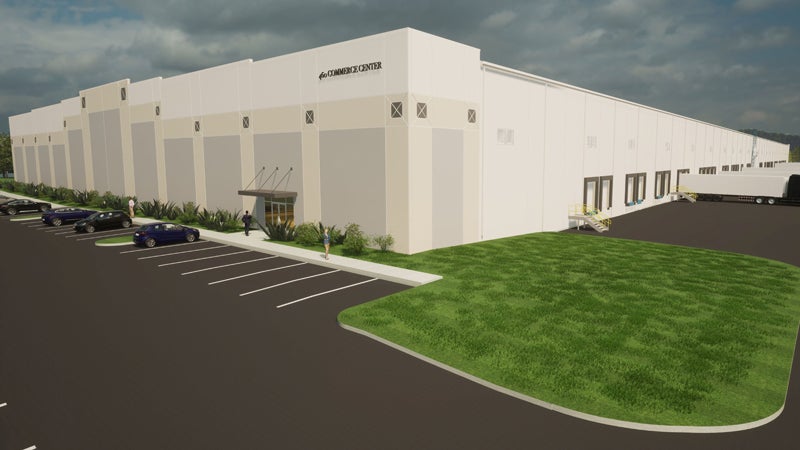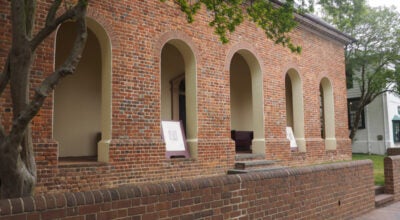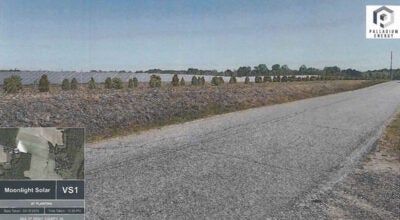Resuming cancer screenings encouraged
Published 6:59 pm Tuesday, August 3, 2021
As Virginia emerges from the pandemic, it is vital for folks to resume regular cancer screenings.
Due to the COVID-19 pandemic, there has been a sharp decline in cancer screenings. Unfortunately, cancer did not take the year off, so regular screenings need to resume as soon as possible.
“System-wide, we have seen a decline in screenings,” said Jaclyn Bunte, cancer community health educator at Sentara. “We hope to capture those who had to delay their screenings due to the pandemic or just missed them.”
One of the most important reasons for regular screening is early detection. Early detection can lead to different treatments versus when the cancer is in later stages. The early stages require a less invasive treatment and have better odds of survival.
“Screenings are important to us, because it provides the best options for the patient,” said Bunte. “It lets us check on the patient’s whole health and can let us know of any specific variations. Also, it prevents as many late-stage cancers as we can.”
Studies have shown that specific types of cancers are common in certain areas due to various external factors, whether climate, pollution or food. According to Bunte, the most common cancer types in the Western Tidewater region are breast and prostate cancer.
“Cancer is an anomaly of the body, which is a magnificent and scientific creature,” said Bunte. “We have external and hereditary factors and the type of stuff we put into our body that contributes to diseases of any shape or type. It’s a very broad discussion with a lot of research on it.”
Some research claims some demographics are more prone to cancer than others. While Bunte admits that is sometimes true, it usually goes back to the effect by geographical location. Her main answer is cancer doesn’t discriminate. It is essential for everyone to get yearly checkups to monitor any form of cancer appearing.
Since all cancers are different and all people are different, there is no right answer to when to start screenings. It can vary depending on the type of cancer and age. For breast cancer, women should know the feel of their breasts and regularly give self-screenings until getting a mammogram at age 40. However, women can always consult their primary physician to see if they need earlier screenings.
Sentara uses its Safe Sentara protocol to make sure those who come in for screenings, and all other patients, receive the best and safest care during this time of COVID-19. In light of Safe Sentara, screening events are in the works to resume what was happening before COVID-19, along with other projects to help expand access to screenings.
“We want to continue to screen and educate,” said Bunte. “There has already been a delay with COVID-19 to have a later diagnosis, and our goal is to screen as soon as possible and return to normal.”
Anyone with concerns should contact their primary health care provider to find a cancer screening process that would be most beneficial.





